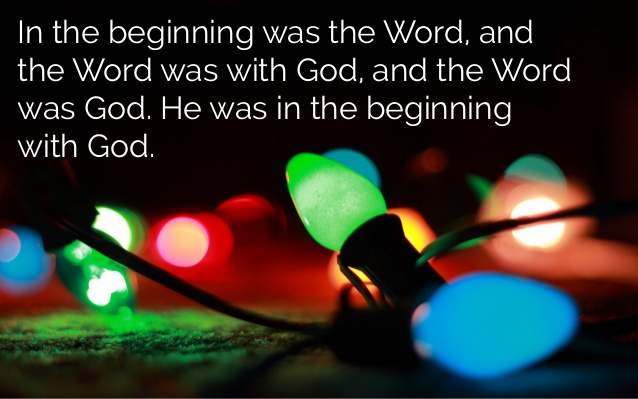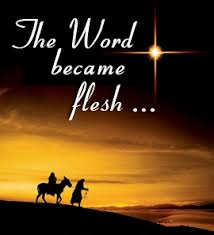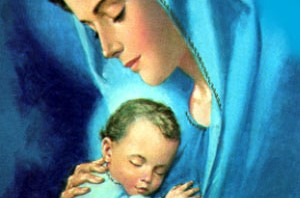A few years back, there was a great commercial out that has three senior ladies talking. One of them, the hostess, has taped all kinds of photographs to her living room wall and says that it’s a really quick way to share these memories with her friends. Just like her car insurance: it only took 15 minutes to get a quote. One of her friends said she was able to do that in half the time, so the hostess says, “I unfriend you.” Her former friend says, “That’s not how this works; that’s not how any of this works!”
I thought of that commercial because I think that, often, many people don’t get how God works. They either think that he’s a capricious policeman who’s always looking for some kind of way to catch them in a trivial sin so that he can send them to the place downstairs, or they think he’s a friend who overlooks all their faults and doesn’t mind if they never give him a second thought. Both positions are not how God works!
And if you asked a lot of people why Christmas is so important, if they have any religious answer at all, they might tell you that probably God finally found the right answer after so many years of failure. That all along, from the time of Adam and Eve, people had been doing whatever they wanted, and so God was at his wit’s end and finally just sent his only begotten Son down here to straighten things out. But that’s not how God works!
The truth is, as we see in today’s Gospel, that God had always intended to save the world by sending his own Son who was with him in the beginning. The Word – God’s Son – was with him in the beginning and everything that has ever been made has been made through him. Not only that, but in the fullness of time, the Word became flesh, and made his dwelling among us. The Greek here says literally that he “pitched his tent” among us. That was the plan – from the beginning – for God’s own Son to become flesh so that we could become like God. It’s a marvelous exchange!
And when he became flesh, he lived as one of the people in that time. He walked among them and had all the same concerns they did. He was like us in all things but sin. When the appointed hour came, he took on our sins and was crucified for our salvation. He died like we do, but so that sin and death would no longer be able to hold us bound to the earth, he rose from the dead and attained eternal life. Now we can do that, too, one day, if we believe in God’s Word and live the way he taught us.
Jesus became one of us, pitching his tent among us, so that he could gather us all up and bring us back to heaven with him, to the kingdom of God for which we were created, in the beginning. That was always the plan. But sin and death keeping us from friendship with God is obliterated by the saving act of Jesus. Sin and death no longer have the final word, because that’s not how this works. That’s not how any of this works!



You must be logged in to post a comment.